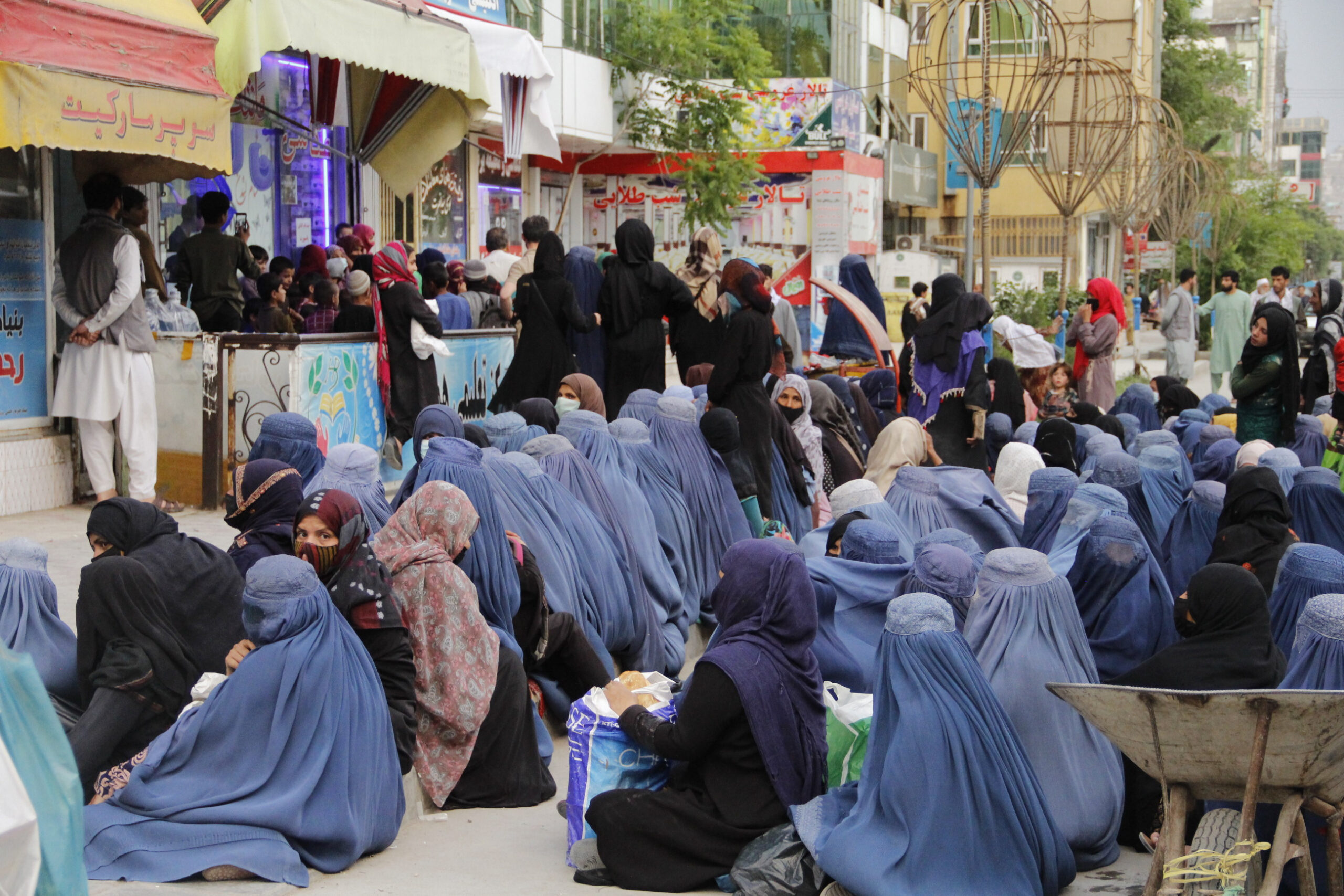
Afghanistan, once a hopeful symbol of progress, has become a haunting representation of women’s rights in peril. Since the Taliban regained control in August 2021, the country has descended into an era where women and girls face unparalleled repression and exclusion. Human Rights Watch (HRW) describes Afghanistan as now having “the world’s most serious women’s rights crisis.” From education to employment and healthcare, Afghan women are being systematically stripped of their rights and dignity. This oppression is compounded by a humanitarian catastrophe, leaving millions in desperate conditions.
The Education Ban: A Generation Lost
One of the most devastating aspects of Taliban rule is the ban on girls attending school beyond the sixth grade. Afghanistan now holds the grim distinction of being the only country in the world where girls are denied the right to secondary education. This ban is not just an assault on the rights of Afghan girls; it is an attack on the future of the nation.
Education is a fundamental pillar for societal development. When girls are denied access to education, it affects not only their personal growth but also the socio-economic fabric of the country. The Taliban’s restrictions have halted the progress of millions of Afghan girls who had dreams of becoming teachers, doctors, engineers, or leaders. With the doors of schools closed to them, these young girls face a future of illiteracy and economic dependence, which will perpetuate cycles of poverty.
Repression in Public Life: A System of Exclusion
The repression of women in Taliban-ruled Afghanistan goes far beyond education. Women have been systematically pushed out of public life, barred from working in most professions, and stripped of their right to participate in governance. Under Taliban rule, women are seen as second-class citizens whose voices and contributions are unwelcome. This exclusion from the workforce is not only a tragedy for the women themselves but also a disaster for the economy.
The economic marginalization of women is undermining Afghanistan’s potential for recovery. Women have always played a crucial role in Afghanistan’s workforce, contributing to sectors like healthcare, education, and small businesses. By excluding women from employment, the Taliban are depriving the economy of their talents and skills, further deepening the country’s economic crisis.
Health Crisis: Women on the Frontlines
Afghan women are also facing severe health challenges under the Taliban regime. The humanitarian crisis in Afghanistan is dire, with more than half of the population—23 million people—facing food insecurity, according to the UN. Women and girls, who are often the most vulnerable in such crises, are bearing the brunt of the suffering.
HRW has raised alarms about the Taliban’s restrictions on women’s access to healthcare, which have had a devastating impact. The Taliban’s policies have severely limited the ability of women to seek medical treatment, particularly in rural areas. Cultural norms in Afghanistan often dictate that women must be treated by female healthcare providers, but with the education ban in place, the future supply of female doctors, nurses, and midwives is in jeopardy. This will further erode women’s access to healthcare, leading to increased maternal mortality and worsening health outcomes for Afghan women and children.
International Accountability and Action
The international community has a moral obligation to address the crisis in Afghanistan. HRW’s Fereshta Abbasi has called on governments to hold the Taliban leadership accountable for the abuses inflicted on women and girls. Countries engaging with the Taliban must make it clear that Afghanistan’s repressive policies violate international human rights obligations.
While humanitarian aid is critical to alleviating some of the suffering, it must be deployed strategically. Donor countries should ensure that aid reaches the most vulnerable populations, particularly women and girls, without reinforcing the Taliban’s oppressive policies. Aid programs must focus on empowering Afghan women and ensuring that they have access to basic services like healthcare, education, and employment opportunities.
Conclusion: A Call for Global Solidarity
The situation for women in Afghanistan is one of the gravest human rights crises of our time. The Taliban’s policies of exclusion and repression have erased years of progress, leaving Afghan women and girls in a state of despair. The international community cannot remain silent. Global solidarity is essential in pressuring the Taliban to restore women’s rights and ensure their full participation in society.
Women are the backbone of any nation, and Afghanistan is no exception. By marginalizing women, the Taliban are not only oppressing half of the population but also dooming the country to a future of stagnation and suffering. The world must act now to support Afghan women in their fight for freedom and equality.
